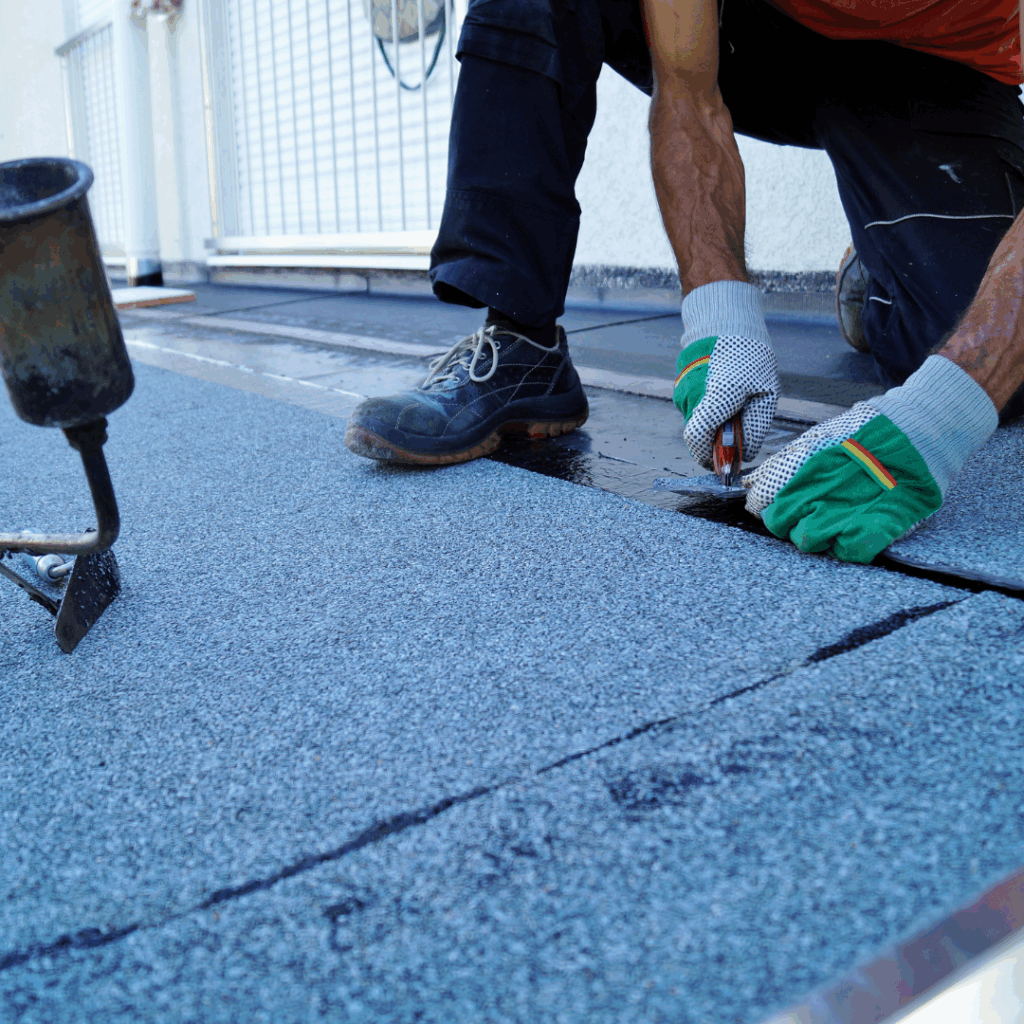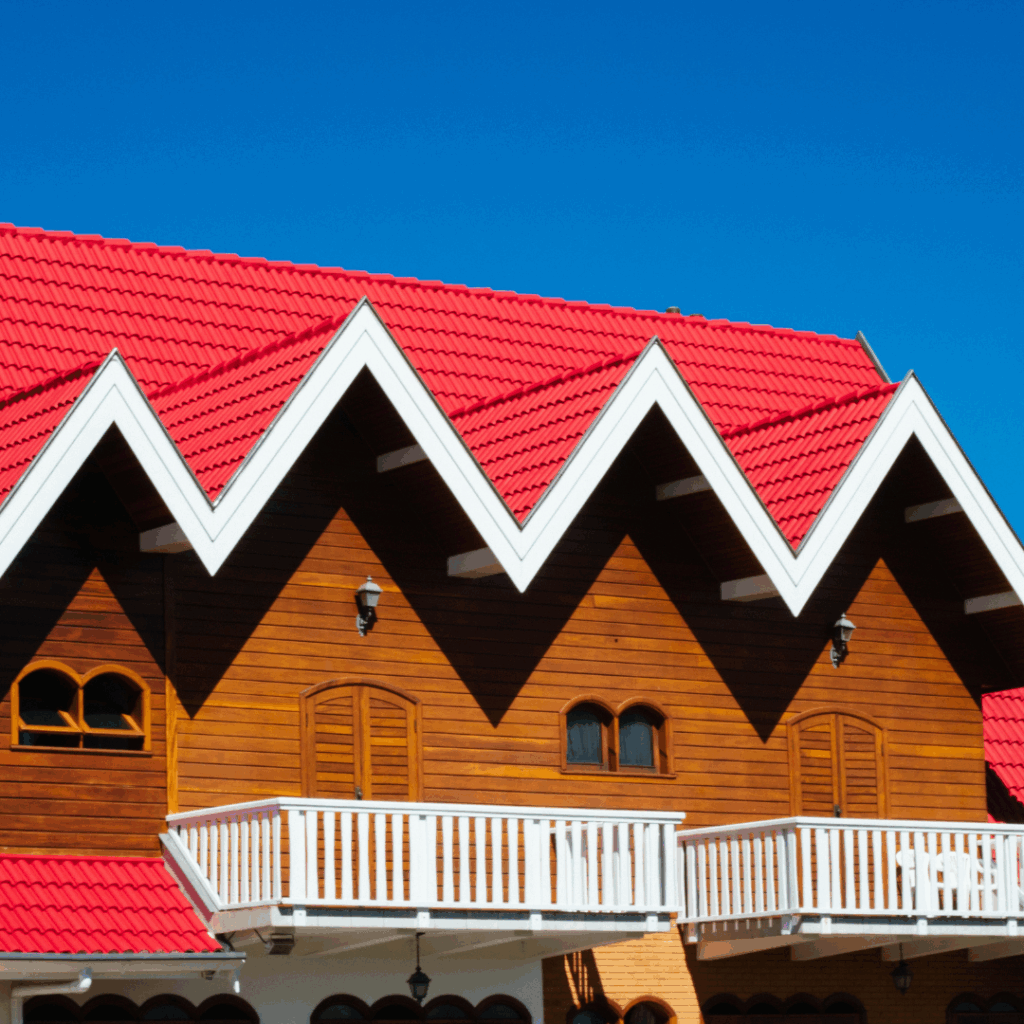When it comes to your roof, misinformation can lead to poor decisions, unnecessary expenses, or even long-term damage to your home. Many homeowners fall for persistent myths that sound reasonable but don’t hold up under scrutiny. Let’s explore and debunk the most common roofing myths so you can make informed choices about your home’s first line of defense.

Myth 1: “If My Roof Isn’t Leaking, It Doesn’t Need to Be Replaced”
It’s easy to assume a roof is fine as long as there’s no visible water damage. However, leaks are often the final symptom of a long-developing issue. Roofing systems can deteriorate slowly due to sun exposure, wind, or general aging—issues that might not immediately show signs from inside your home. By the time a leak appears, there could be underlying structural or insulation damage. Annual inspections by a roofing professional can identify vulnerabilities early, helping you avoid expensive emergency repairs down the road.
Myth 2: “A New Roof Will Last Forever”
Even the best roofs have an expiration date. Factors like material quality, regional weather patterns, ventilation, and regular maintenance all influence your roof’s longevity. For instance, asphalt shingles may last 20 to 30 years, while metal or tile roofing can last significantly longer—but only with proper care. Harsh climates can shorten that lifespan, especially if snow, hail, or strong UV rays are frequent. To get the most from your investment, stay on top of minor repairs and schedule regular inspections to assess wear and tear.
Myth 3: “You Can Install a New Roof Over an Old One”
While building a new roof on top of an existing one might save time and labor costs upfront, it’s not the best long-term solution. Multiple layers add weight, which can strain your home’s structure, especially in older houses not built for that load. More importantly, placing new materials over old ones hides underlying issues like wood rot, water damage, or mold. A complete tear-off lets your roofing contractor address any hidden damage and ensures a fresh, secure foundation for your new roof—maximizing durability and peace of mind.

Myth 4: “All Roofing Materials Are the Same”
Many homeowners believe that a roof is a roof—but in reality, the materials you choose drastically affect your roof’s performance and lifespan. Asphalt shingles are popular for affordability and ease of installation, but they may not be ideal for extreme weather. Metal roofs offer superior longevity and energy efficiency but come with a higher initial cost. Tile and slate provide excellent durability and a distinct aesthetic, but they are heavier and more expensive. Choosing the right material for your climate, home structure, and budget ensures better results and long-term satisfaction.
Myth 5: “Roofing Repairs Are DIY-Friendly”
Roof repairs might look manageable in online tutorials, but they often require specific skills, tools, and safety equipment. Climbing on a roof poses significant fall risks, and missteps in repair can lead to bigger issues like leaks, structural damage, or voided warranties. Plus, improperly installed materials can compromise the whole system. A licensed roofer knows how to identify the real source of a problem—not just its symptoms—and fix it correctly the first time. Save yourself the danger and potential cost of doing it wrong by trusting professionals for all major roof repairs.
Conclusion
Don’t let roofing myths influence decisions that affect your home’s safety, comfort, and value. Knowing the facts helps you maintain your roof properly, avoid unnecessary risks, and protect one of your most important investments. If you’re ever unsure about your roof’s condition, a trusted roofing professional can give you honest, accurate advice—no myths attached.
How Much Can New Windows Save on Energy Bills?
When homeowners consider improving energy efficiency, windows are often overlooked in favor of larger upgrades, such as…
What to Expect During a Roof Replacement
Replacing your roof may feel like a daunting project, but with the right expectations, the process becomes…
Bathroom Remodeling on a Budget: Where to Save and Where to Spend
Remodeling a bathroom is one of the best ways to update your home’s style, comfort, and resale…



